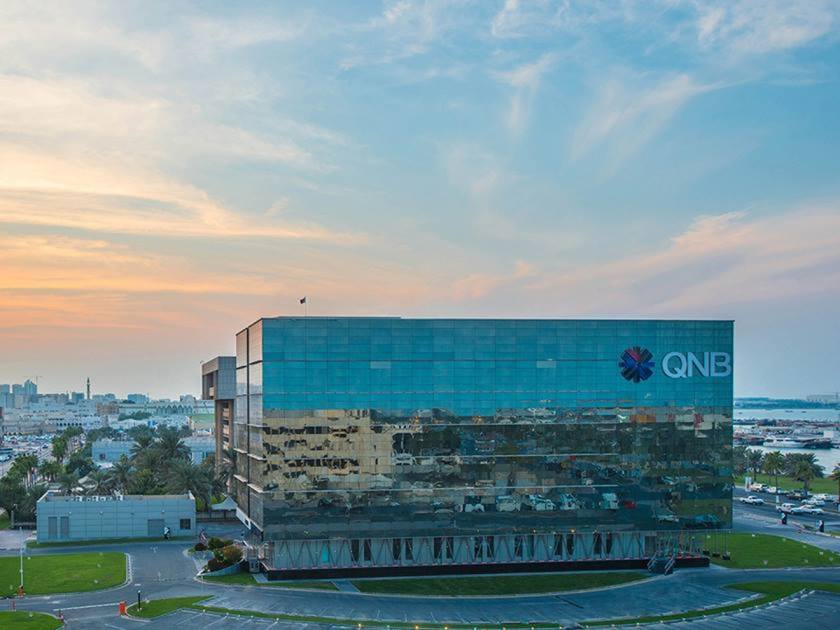Doha, March 16 (QNA) - QNB Bank said it expects a modest growth and weak performance in global trade for 2024, attributed to the modest recovery in the manufacturing sector, heightened trade barriers, and the slowdown in investments in emerging markets.
The bank's weekly report highlighted that international trade acts as a direct mirror of the global economy, showcasing consumer preferences for final goods and firms' requirements for intermediate and capital goods. Consequently, trade volumes fluctuate in tandem with the economic cycles of expansion and contraction, serving as crucial indicators of macroeconomic conditions.
The report added that, over the past five years, significant volatility has been observed, following the sharp decline in volumes in 2020 due to the COVID-19 shock, and the subsequent robust rebound in 2021, which significantly contributed to the post-pandemic recovery. However, 2022 witnessed a sharp deceleration in trade activity amidst a challenging environment characterized by rising interest rates, high inflation, and growing protectionism.
The report notes that trade growth in 2023 was disappointing, with preliminary estimates indicating a 0.3 percent contraction. Such a decline in trade growth has only been observed twice in the past forty years, in 2009 during the global financial crisis, and in 2020 amid the pandemic.
While trade growth is projected to recover to around 2.8 percent this year, the report notes that its significantly below the long-term historical average of 4.6 percent during the period 2000-2022, for three cyclical and structural factors.
Firstly, the global manufacturing recession is nearing its end, although the recovery will be constrained. Manufacturing activity remained subdued throughout 2023 due to various factors, including post-pandemic shifts in consumption, higher living costs, tighter financial conditions, and a weaker-than-expected rebound in Chinese manufacturing. However, these headwinds are gradually dissipating, with the manufacturing downturn reaching its trough.
QNB said that global industrial activity is expected to rebound due to improved financial conditions, falling inflation rates, and a resilient global economy. However, the recovery will be hampered by persistently high inventories, which will weigh on manufacturing until normalized. Moreover, forward-looking indicators continue to signal below-trend growth, limiting the manufacturing sector's contribution to global trade growth this year.
The second factor is that protectionist policies and trade barriers continue to rise globally, with the number of new trade restrictions increasing significantly from levels below 1,000 annually before 2019 to over 3,000 new restrictions in 2023. In addition to traditional forms of restrictions, trade barriers are taking on new forms, with QNB pointing to efforts to mitigate climate change leading to an increase in non-tariff measures imposing indirect restrictions on trade.
The final factor mentioned in the report was the slowdown in investment growth in emerging markets, which it said poses significant headwinds to global trade growth. Investment in emerging markets, particularly in capital goods trade, is more import-intensive than other demand components. The slowdown in investment growth in emerging markets, attributed to factors such as elevated debt levels, economic and geopolitical uncertainties, and China's shift towards consumption, indicates significant headwinds for global trade this year.
QNB's report concluded by saying that despite expectations for a recovery this year, trade growth is anticipated to underperform relative to its long-term average due to a modest manufacturing recovery, rising trade barriers, and the slowdown in investments in emerging markets. (QNA)
16 March 2024
QNB Anticipates Modest Trade Growth in 2024
Local
Keywords
Economy, Qatar, Banks
News Bulletins
Most Read


